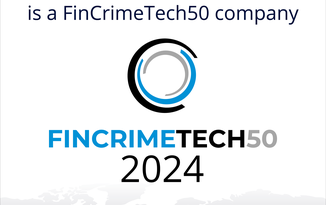We look at reference systems and how fraudsters scam agents
With tenancy fraud on the rise, landlords are increasingly wary. So, they want to work with agencies who do everything they can to accurately identify falsification—and protect landlords from it.
Fraudsters understand the systems that agencies use to reference-check potential tenants, and will use a number of strategies to get past them.
These strategies include:
Fake identity documentation (e.g. passport)
Doctored documentation: Payslips Bank statements, letter of employment, proof of address (e.g. utility bill), proof of study
Fake references from employers
Fake references from former landlords
How do fraudsters fake references?
When it comes to submitting fake references, we see a number of trends from prospective tenants.
Setting up companies purely for deceive the referencing process.
Occasionally, tenants will register businesses purely to create fake employer references. In some instances, a fraudulent tenant will turn out to be the director of the company supposedly employing them, when they claim to be solely an employee. In other instances, the tenant claims to be a long-term employee when the company was started very recently.
Using fake domains for company email addresses.
Applicants will sometimes set up email addresses using website URLs that are similar to well-established company websites. This allows the applicant to give you the email address of a fake ‘boss’ for a job that they don’t really have.Doctored documentation.
Tools to edit documents are now easily accessible online and so some applicants have become very skilled at tampering with bank statements or other documentation to carry out fraud.
To find out more read our Guide to Tenancy Fraud here .




